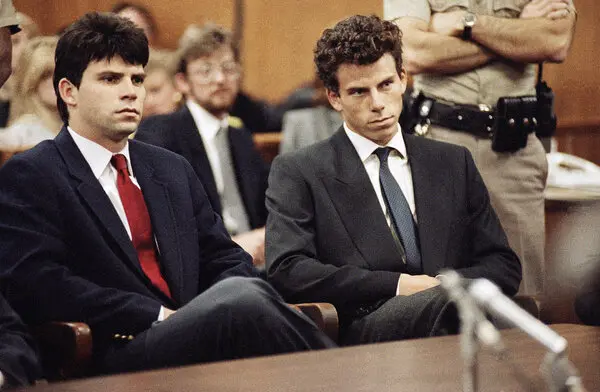Postpartum Depression
On March 4th, 2014, Ebony Wilkerson drove to Daytona Beach, Florida with her three kids. Wilkerson did not just stop at the beach; she proceeded to drive down the beach and in to the ocean. Police and lifeguards rushed to the scene and desperately tried to get the kids out of the car as Wilkerson continued to drive in to the ocean.
Stories like Wilkerson’s, about women trying to kill their kids, are becoming too common these days. Although it is still just as tragic every time it happens, people commonly brush it aside like it is nothing. There is a lot of speculation about why exactly Ebony Wilkerson did what she did. One theory is that Wilkerson has Postpartum Depression, due to the fact that she was seven months pregnant at the time.
Postpartum Depression (PPD) is a serious mental health problem characterized by a prolonged period of emotional disturbance, occurring at a time of major life change and increased responsibilities in the care of a newborn infant. PPD can have significant consequences for both the new mother and family. PPD can occur both before and after a baby is born. It is estimated that depression in pregnancy affects between 10 percent and 15 percent of pregnant women, and is a strong risk factor for postpartum depression. Some 23 percent will go on to suffer postnatal depression. Some symptoms of Postpartum Depression are loss of appetite, intense irritability and anger, severe mood swings, paranoia, and thoughts to harm yourself or your baby.
Ebony Wilkerson has had a lot of these symptoms. Prosecutors said Wilkerson was sent to Halifax Hospital’s psychiatric ward a second time for a psychiatric evaluation after she punched herself in the stomach while jailed. The day before the incident, Wilkerson, at her sister’s request, was evaluated by police, who determined that she did not qualify for involuntary mental health commitment. The sister took her to the hospital, but Wilkerson left against the advice of medical personnel, according to the arrest affidavit. The children told investigators she began acting “crazy” when they arrived in Florida. The 10-year-old girl told investigators that her mother took them to the beach “so we could die,” the sheriff’s report said. Ebony clearly showed one of the most dangerous symptoms. She was clearly showing that she had the want to hurt her children. When the incident first happened, people were hoping that Wilkerson did not mean to drive in to the ocean, but more evidence came out and Ebony Wilkerson had told her kids that she was bringing them to a “better place”.
I sat down with my aunt, Brenda Clancy, to ask her a few questions about Postpartum Depression. Brenda Clancy has a 7 year old son, Shawn. Shawn was born four and a half weeks early, the stress of having a premature child eventually evolved in to PPD for Brenda Clancy. When asked if she had had PPD, she said, “I did. I was not expecting all the medical problems I had with him (Shawn), I spent weeks traveling back and forth to Boston to try and see my son”. When asked if she believed that PPD can sometimes be dangerous for both mother and child, she answered, “Yes, because they are not always thinking rationally”. Brenda Clancy told me that Postpartum Depression is hard to go through but, you really have to try to be happy and hope everything will turn out for the best.



